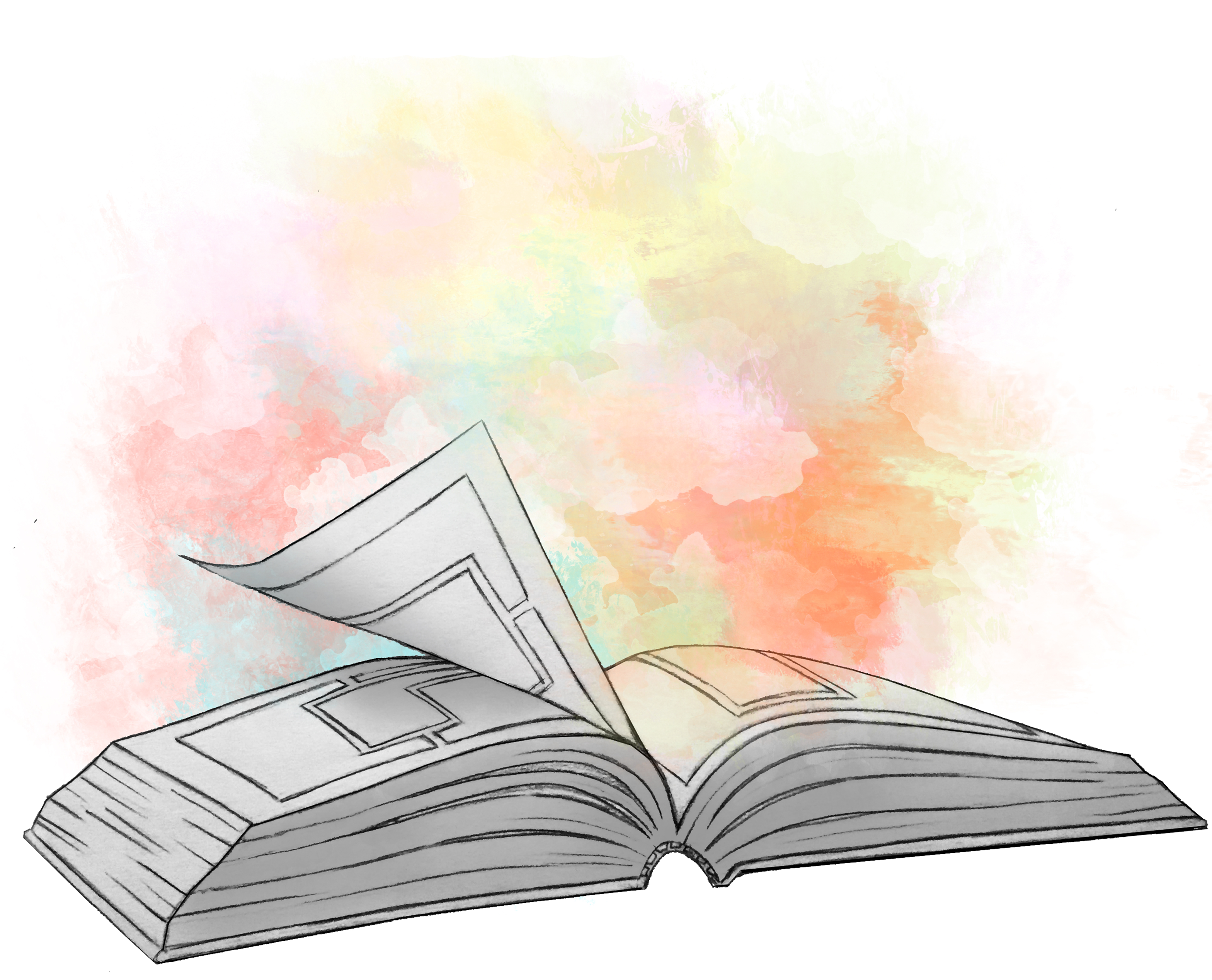
Two days before I started my freshman year, I joined the international Jewish project of daf yomi, the daily study of a page of Talmud on a synchronized schedule. Jews around the world, for almost a century, have participated in daf yomi — a page of Talmud is dense, written in Aramaic and can take hours to study properly. Daf yomi focuses on quantity over quality; the idea is to get through a page a day, even if some of the more complicated concepts escape the studier.
When I began daf yomi, my tractate of Talmud was not the only weighty book I was spending time with daily. I was also immersed in reading the Iliad in preparation for starting Directed Studies. Since then, my freshman year has been spent swimming — sometimes drowning — in ancient texts. These texts began as foreign, but they are becoming mine.
Tomorrow, I will return to the first page of Talmud that I ever studied. This page, which I encountered in my freshman year of high school, discusses obligations of children to parents and parents to children. Fathers are only obligated to teach Torah to their sons, not their daughters. The impact of this principle has reverberated in Jewish law from its composition until the present. It still has significant consequences for the role of women in traditionally observant Jewish communities. Women’s exemption, observance and education are subjects that sting for many, myself included. This page of Talmud provokes pain and alienation in myself and others. But when I read it tomorrow, it will feel like home.
These past eight months, my life has been consumed with books that invite me in and then reject me. I’ve spent hours in the library enthralled by thinkers only to be caught off-guard by their anti-Semitism, from Augustine’s direct claims that the Jews killed Jesus to Burke’s throwaway comments about Jewish bankers. This rejection of me as a Jew has been coupled with another tension — of me as a woman reading books whose authors could never have imagined a woman studying their work. The Aramaic tractates I’ve been studying include those about divorce and marriage, and I’m reminded daily that women in that Jewish legal context were considered less than men. The Talmud, too, stings.
These two semesters have been about giving myself to two canons, and the canons giving themselves back. I remember the events of my freshman year of college in terms of what Talmudic tractate I was studying at the time, and which philosopher I was just discovering. I’ve made conversation with strangers alternately about “the daf” they too were learning, or about the Western canon they too studied in college. Daf yomi and DS both contain deep wells of knowledge. There is power in being part of a community of people who value the study of an ancient, flawed canon. The community becomes at least as central as the books, and that community can encompass anyone who enters it.
Directed Studies and daf yomi share a breakneck pace. The emphasis of both is not on deep understanding, but broad knowledge, on encountering a vast tradition. There are days when I spend an hour on Talmud and understand very little, or only read a quarter of the literature assignment. These are frustrating days. It smacks of failure not to devote myself fully to what I read. Part of each project is learning to be at peace with incompleteness. The full daf yomi cycle — during which the participant studies the entire Talmud — takes seven years to complete, and DS barely scratches the surface of the Western canon. I’m slowly learning to embrace this.
Building my life so intensely around books that hurt is hard, but it feels like reclamation. When a work of Western thought rejects me as a Jewish woman, the sting is less sharp because I feel like the ideas in the work are mine to take, part of a tradition I have a right to. I take the texts into me, and they become mine. The page of Talmud I will return to tomorrow, a page that debates my place in the Jewish community, will feel like home because the entire Talmud feels like home. There is power and beauty and love in an educated woman studying a passage that debates the legitimacy of women’s education. It is mine because day in, day out, I study it. I would not be the same without it.
I belong to the texts, and the texts belong to me.







